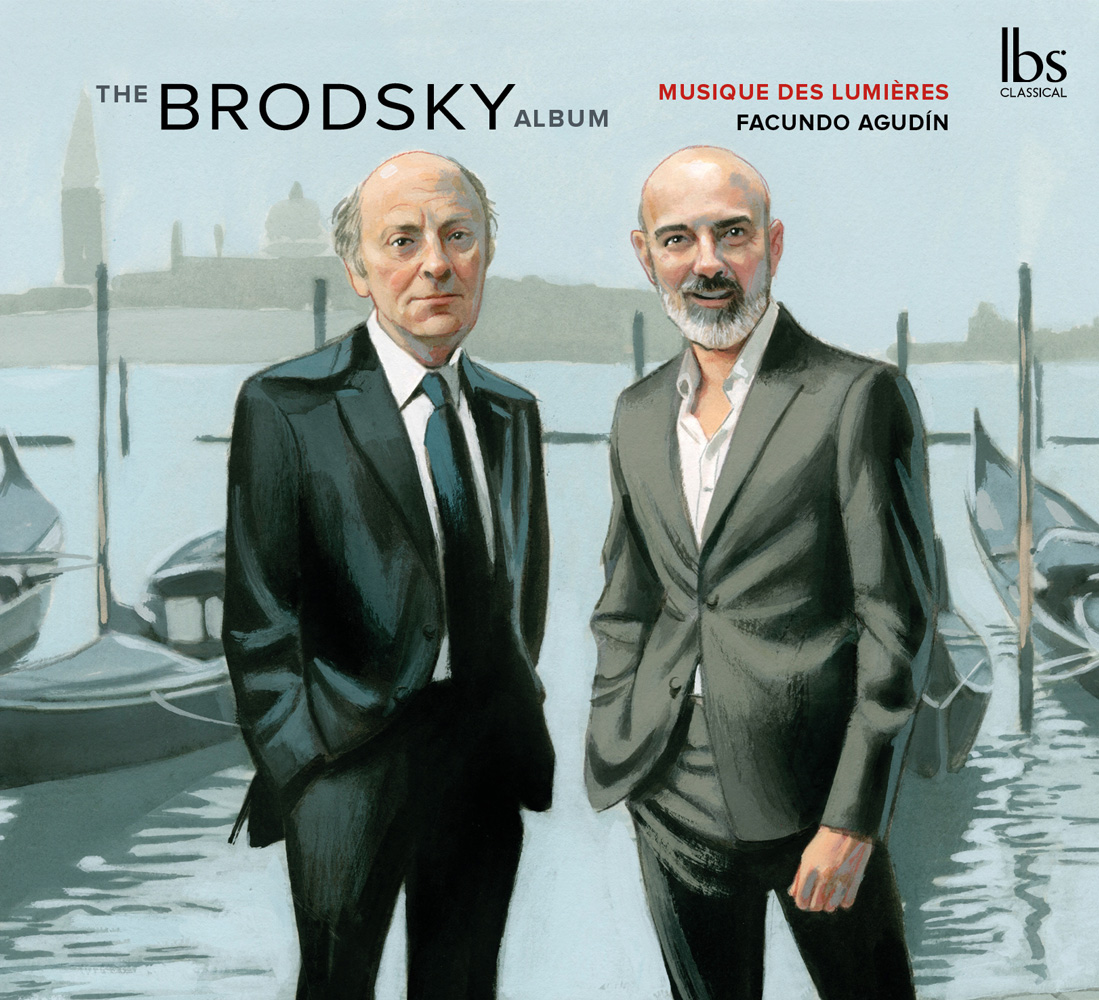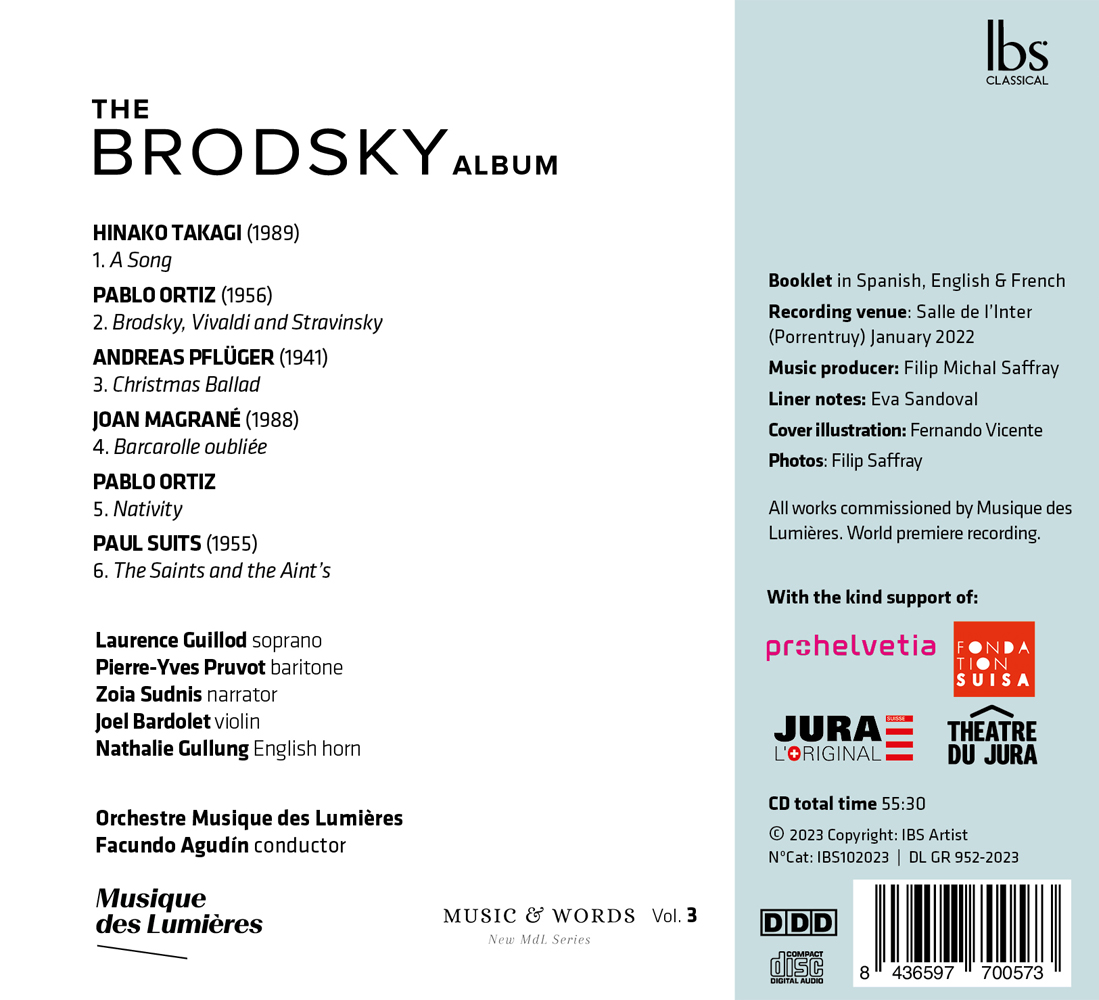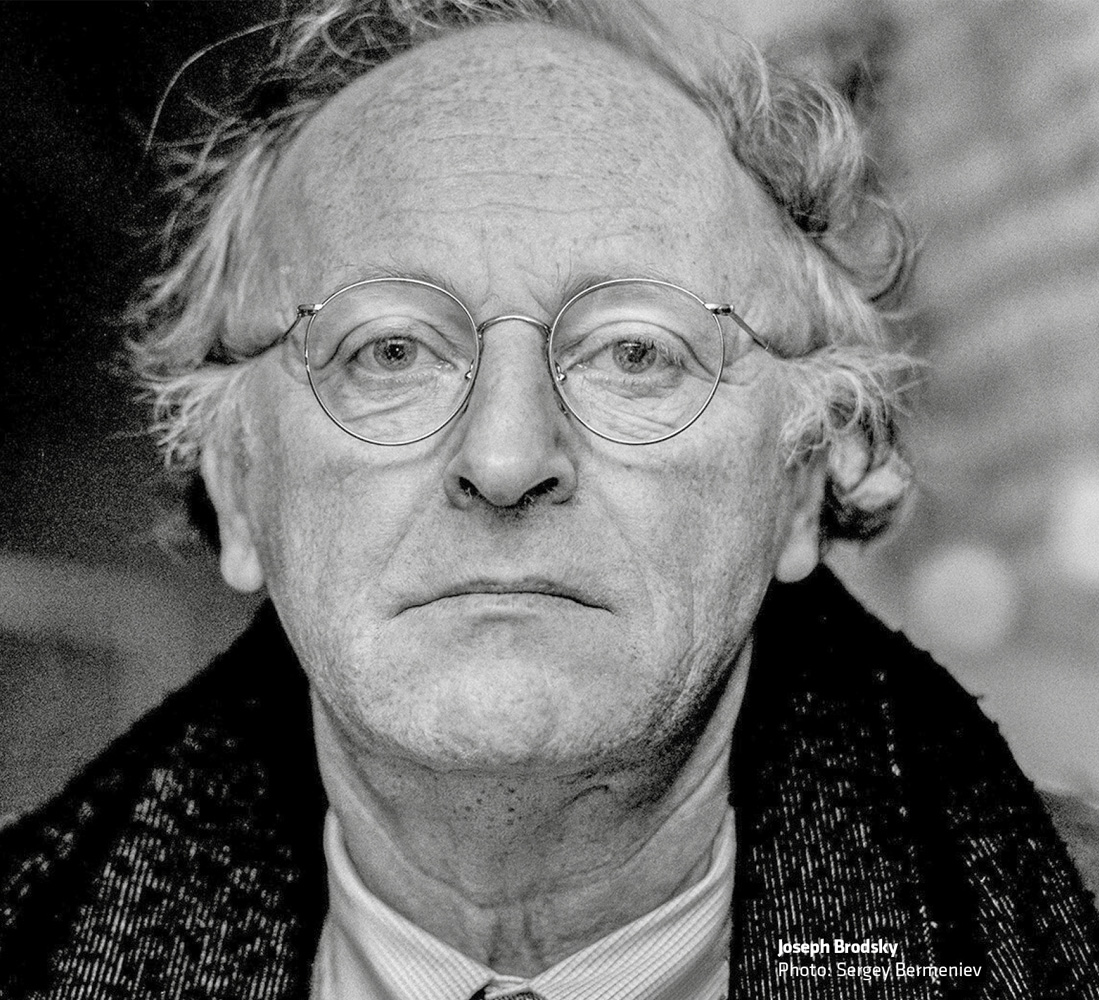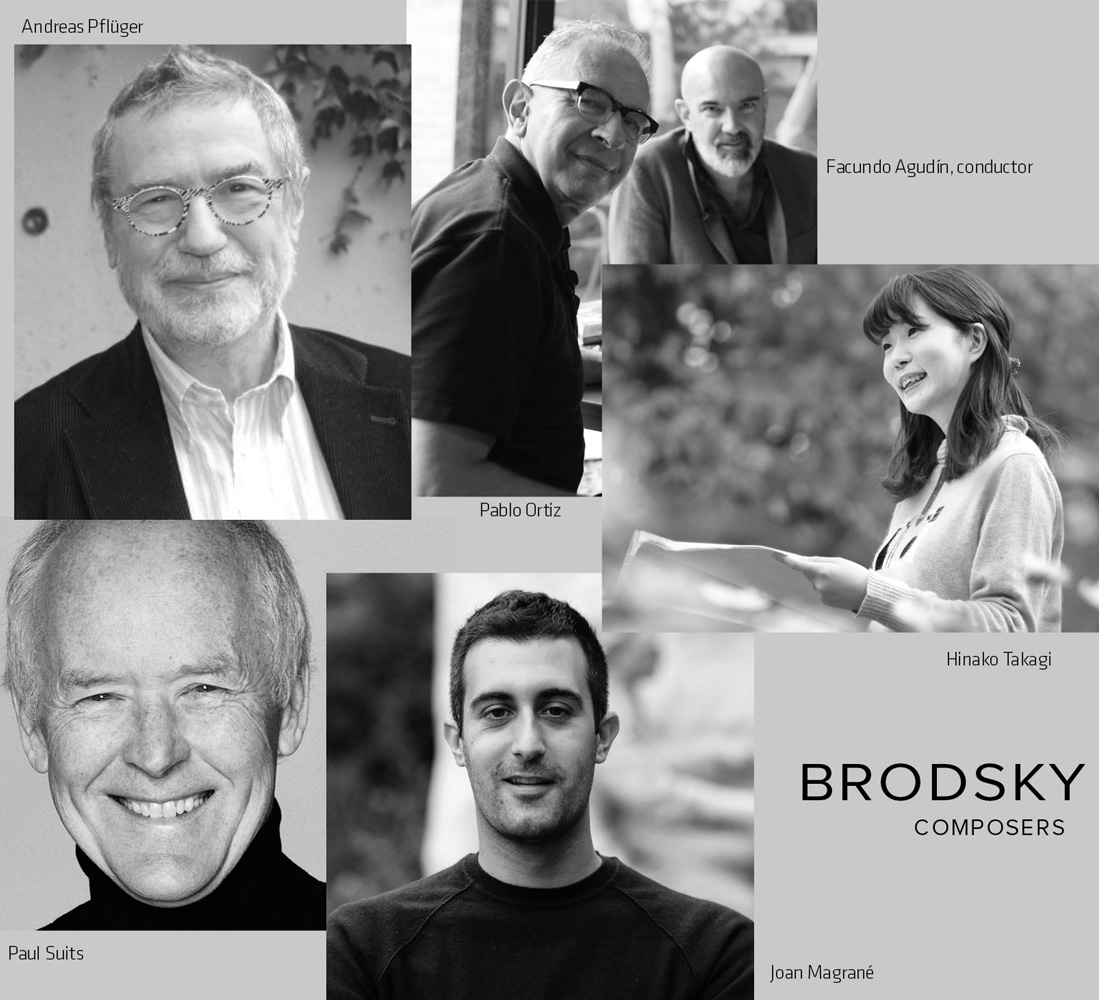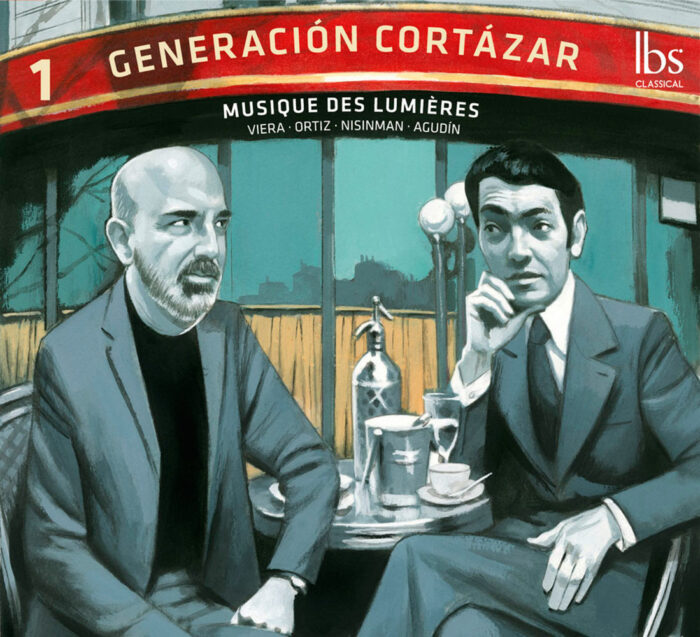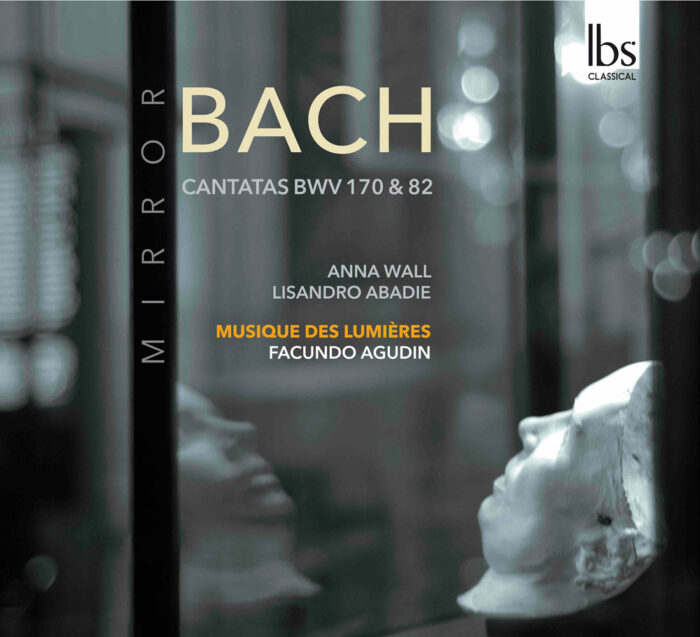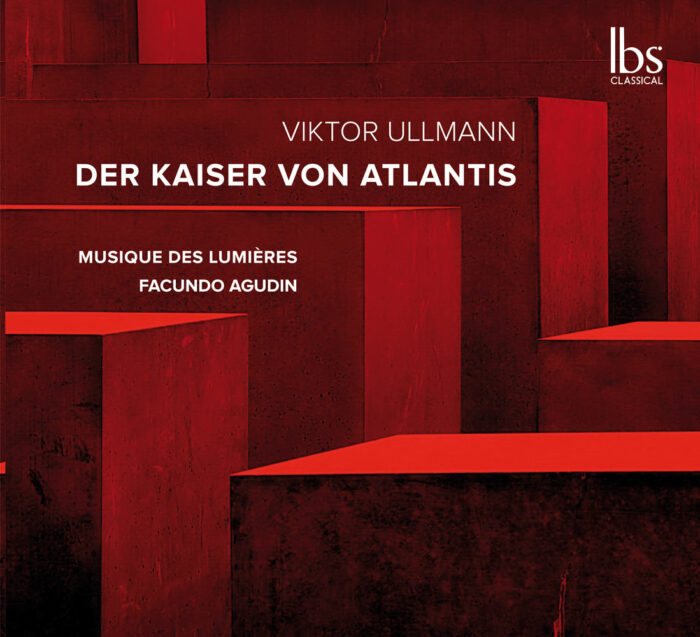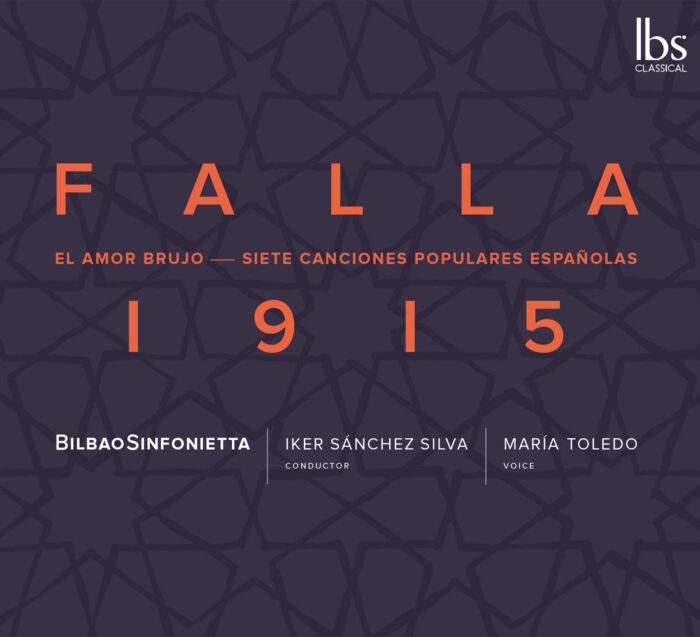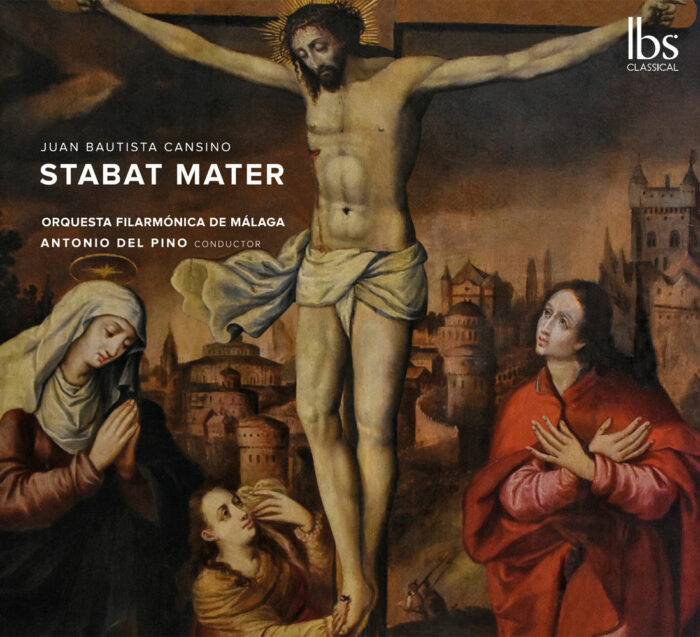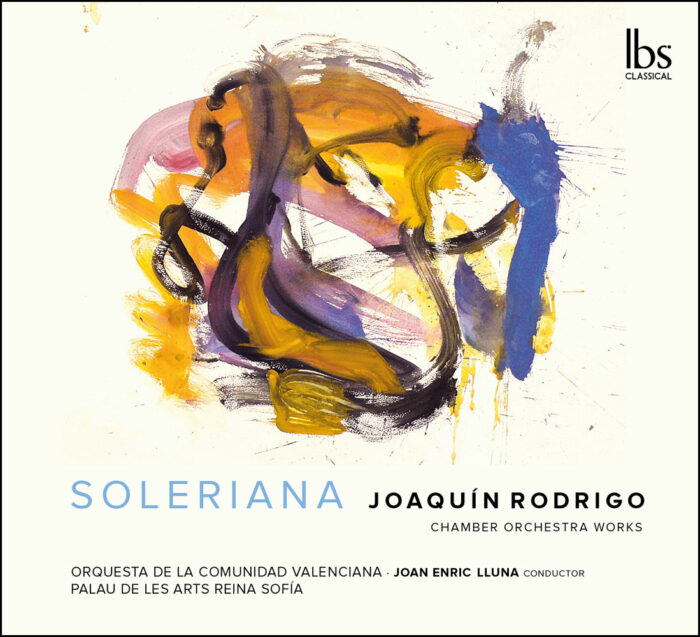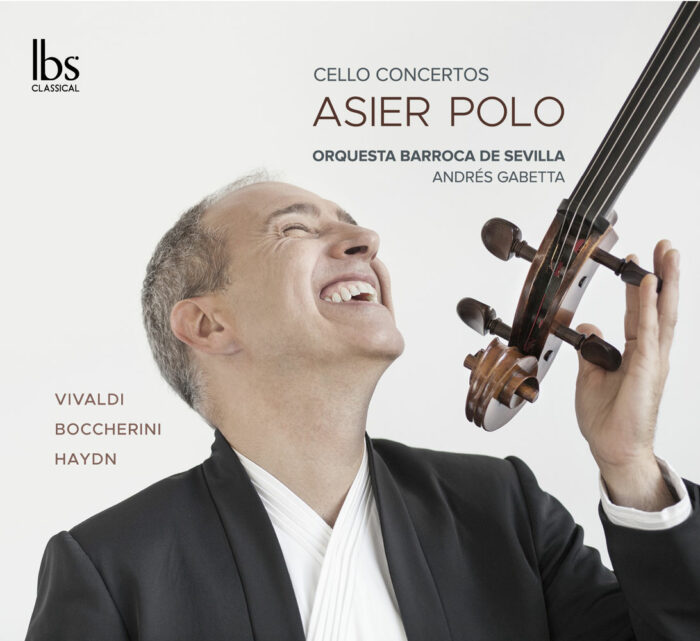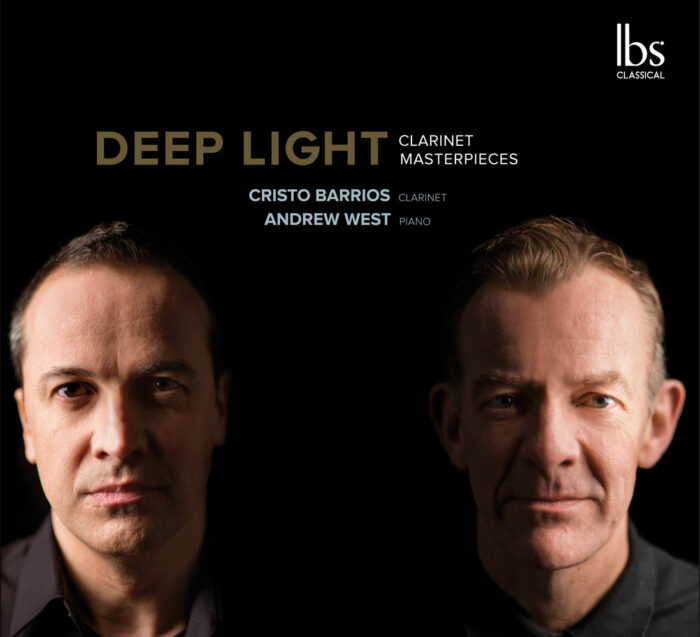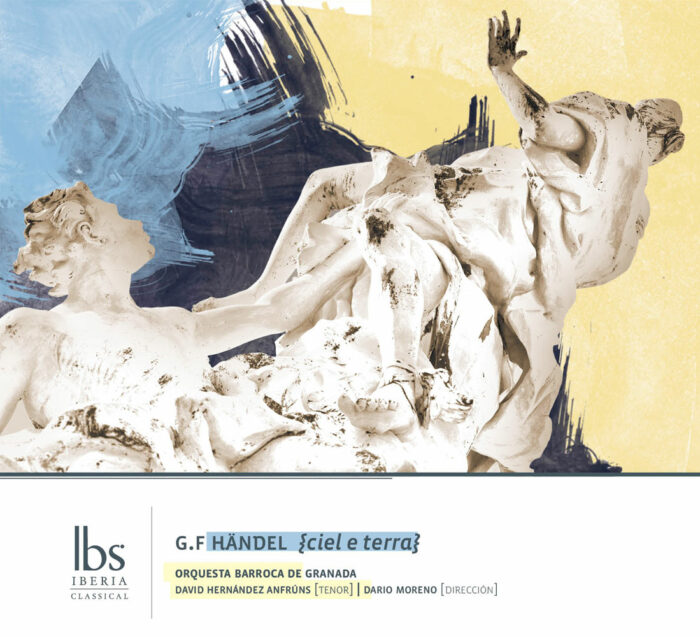The Brodsky Album
14,95€
The third protagonist of the series MUSIC & WORDS by Facundo Agudín and Musique des Lumières, in collaboration with Ibs Classical, is the Russian- American writer of Jewish origin Joseph Brodsky (1940-1996), winner of the 1987 Nobel Prize. Musique des Lumières has commissioned six works from five composers from very different backgrounds who, inspired by Brodsky’s texts, use music to honour this uncompromising intellectual and key figure in world literature.
BOOKLET:
14,95€
The Brdosky Album
On The Brodsky Album, Facundo Agudín and Musique des Lumières present six works commissioned and composed between 2020 and 2022 of homogeneous aesthetics. In particular, the vocal delivery seems to reflect the immensity of the Russian’s poetic lyricism. Two of them, Brodsky, Vivaldi and Stravinsky by Pablo Ortiz and Barcarolle oubliée by Joan Magrané fixate on one of the pinnacles of his literature: Watermark. Christmas Ballad by Andreas Pflüger and Nativity by Pablo Ortiz recall Brodsky’s peculiar penchant for writing Christmas texts from his personal identity as a creator. A Song by Hinako Takagi values the polyphony and rhythm of his poetic language and, finally, The Saints and the Aint’s by Paul Suits sets to music relevant physical and temporal spaces present in the work of the poet, essayist, and translator who is considered one of the greatest literary figures of the Soviet era.
Born in Soviet Leningrad (now St Petersburg) in 1940, Joseph Brodsky began writing poetry at the age of 18. Essentially self-taught, his cultural references were the great Greco-Latin poets Homer, Virgil, and Horace; Alexander Pushkin and Boris Pasternak in Russia, and John Donne, T. S. Eliot and W. H. Auden in the Anglo-Saxon world. He emphasised the shadows of our culture, as well as human contradictions, in such a way that his lyrical production acquired an essentially metaphysical tone. According to the jury of the 1987 Nobel Prize, Joseph Brodsky was awarded the prize “for a totalising authorship, imbued with clarity of thought and poetic intensity”.
The writer suffered first-hand the repression of the Soviet Union. He was arrested in March 1964 for “social parasitism” and sentenced to five years of hard labour in the Arkhangelsk region of northern Russia. He was released in November 1965 thanks to international pressure from leading artists such as Jean Paul Sartre and Dmitri Shostakovich. In fact, the illegality of his detention gave him great international fame and his works such as Verses and Poems (1965) or A Stop in the Desert (1970) began to be published in the United States.
Seven years later, in June 1972, he was exiled from Russia, and after brief stays in Vienna and London, he decided to settle in North America. There he taught at top universities and was made a Fellow of the American Academy of Arts and Letters in 1979. However, his forced exile profoundly affected Brodsky’s writing, both linguistically and conceptually. He himself describes it in his poem A Part of Speech published in 1977. One of the themes that pervaded the Russian author’s work was the relationship between the poet as an artist and society through language, an essential tool for the development of thought.
His productions include The End of a Beautiful Era (1976), In England (1977), New Stanzas to Augusta (1983), To Urania (1987) and Landscape with a Flood (1996). In 1986 he published Less Than One, a collection of essays on art and politics, in 1989 he completed a philosophical novel about Venice entitled Watermark, and in 1995 another essay collection, On Grief and Reason, came to light. Brodsky died prematurely at the age of 55 in 1996 in New York, but at his express wish his remains were buried in the Venetian cemetery of San Michele. According to Brodsky in Watermark, Venice “especially at night, looks like a gigantic orchestra, with poorly lit palazzi music stands, a restless chorus of waves, and the falsetto of a star in the winter sky”.
Musique des Lumières
Fondé en 2004 dans le cadre des Saisons Musique des Lumières, la formation est rapidement devenue un acteur culturel important du paysage culturel suisse. Depuis sa fondation, Facundo Agudin en assure la direction artistique et musicale.
L’ochestre Musique des Lumières (MdL) mène une approche transversale du répertoire, en se produisant régulièrement sur instruments d’époque et sur instruments modernes. Bien que la période baroque – classique soit au centre de son répertoire, MdL conduit régulièrement des productions lyriques et développe de nombreux projets de création contemporaine. En juin 2011, MdL et Agudin ont été invités par la Fondazione Giorgio Cini, pour créer El laberinto de Julio Viera, lors de l’inauguration du labyrinthe de Randoll Coate, inauguré dans les cloîtres de San Giorgio Maggiore, à Venise, en l’honneur de Jorge Luis Borges. Depuis 2012, MdL mène le projet Nuevo Tango Nuevo en collaboration avec Marcelo Nisinman, Pablo Ortiz, Julio Viera. En coopération avec le Centre Dürrenmatt Neuchâtel, MdL mène le programme “Dürrenmatt 2021”.
Depuis 2008, l’orchestre MdL a développé différents projets en collaboration avec le TOBS Théâtre Orchestre Bienne Soleure, Opera Obliqua, Kaserne Basel, Sinfonieorchester Basel, l’Opéra National de Pologne à Poznán, la Ricordi München, Universal Music Group, la RTS 2 Kultur, le Festival Stand’Eté, le Théâtre du Passage Neuchâtel, Lyrica Neuchâtel, le Théâtre de Vevey, le Théâtre de Fribourg, Le Granit scène nationale de Belfort, Orchestra Classica Italiana, Scuola di perfezzionamento musicale di Saluzzo, le Comité des Jeux d’hiver Torino, Centre Dürrenmatt Neuchâtel, ARCAL Paris, Espace Choral et le Basler Gesangverein. MdL enregistre avec la Radio Télévision Suisse pour les labels Oehms Classics, Neos Music et Doron. Depuis 2016, l’orchestre et Agudin sont des artistes du label IBS Classical (Grenade). Cette collaboration a désormais donné deux succès discographiques : « Bach Mirror » (NAXOS of America reportait 135’000 téléchargements trois mois après son lancement) et « Der kaiser von Atlantis » (premier enregistrement mondial de l’édition révisée par Lisandro Abadie, en coopération avec la Paul Sacher Stiftung). En 2020 la nouvelle série discographique Music & Literature s’ouvrira avec l’édition de « Generación Cortázar » (créations de Ortiz, Nisinman, Viera) et « Projet Dürrenmatt » (créations de Sontòn-Caflisch, Pflüger, Pérez-Ramírez et Gesseney-Rappo).
L’Orchestre Musique des Lumières est subventionné par la République et canton du Jura et par la Loterie Romande. Ses différents projets sont soutenus par la Conférence des présidents des organes de répartitions des bénéfices de la Loterie Romande, la commune du Noirmont, la Fondation suisse pour la culture Pro Helvetia, la Charlotte Kerr Dürrenmatt-Stiftung, la Fondation Nestlé pour l’art, la Fondation SUISA ainsi que par de nombreuses autres institutions.
Pour sa saison 20/21, l’orchestre MdL aura comme invités Ramón Vargas, André Gabetta, Marina Viotti, Rubén Amoretti, Lisandro Abadie, Bénédicte Tauran, Dilara Bastar, Nicole Brandolino. MdL et Facundo Agudín ont au programme deux nouvelles productions discographiques avec IBS Classical : « An English Garden » avec Marina Viotti et « Das Lied von der Erde » avec Ramón vargas et Dilara Bastar.
